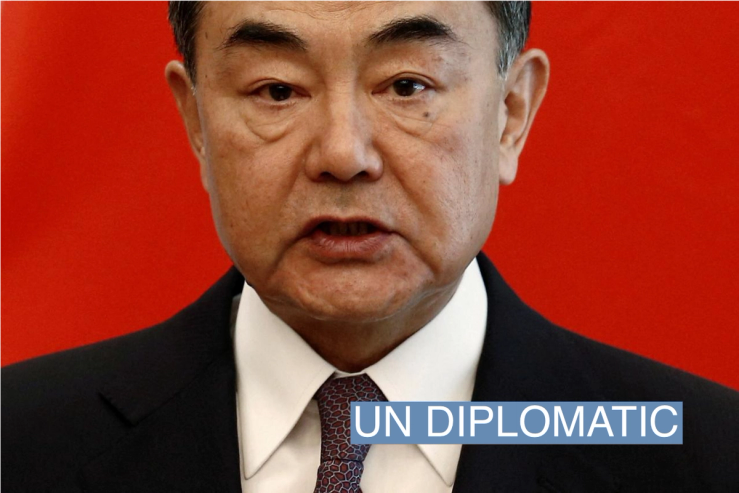The News
Chinese Foreign Minister Wang Yi, the nation’s top diplomat, will skip next week’s U.N. General Assembly meeting in New York. Vice President Han Zheng, who occupies a largely ceremonial role, will attend in his place.
Wang is expected to instead travel to Moscow for talks with Russian Foreign Minister Sergey Lavrov, the South China Morning Post reported.
SIGNALS
China's decision to send Han to the meeting instead of Wang could be strategic. The vice president's role is mostly symbolic, and Han has marginal authority to work on behalf of Beijing. The move may be an attempt by China to leverage concessions from the U.S. at a time of ongoing tensions, The Wall Street Journal noted,• 1 such as reducing the sweeping restrictions on tech exports to Chinese companies. Wang had been expected to nail down particulars for an upcoming visit by Xi to the U.S., which now appears in doubt.
The Wall Street Journal, China’s Top Diplomat to Skip U.N. Assembly, Raising Doubts About Possible Xi Visit to U.S.
By sending lower-ranking officials to summits Beijing may be signaling a reprioritizing of its international relations. News of Wang skipping the U.N. meet follows Chinese leader Xi Jinping's absence from the G20 summit in India last week. It also casts doubt on Xi's upcoming trip to the U.S. to attend the Asia-Pacific Economic Cooperation (APEC) talks. Beijing "would want [a meeting] to happen in a forum that the Chinese control much more," Raffaello Pantucci, a senior fellow at Singapore's S Rajaratnam School of International Studies, told the SCMP. "I think there’s a fear that they might find themselves in an awkward position in a foreign country, having to somehow appear to be trying to curry favour with the Americans."• 2
South China Morning Post, Is Xi Jinping’s G20 summit pass a ‘missed opportunity’ or a sign of things to come?
Despite the U.N. snub, it's still expected that Wang will visit the U.S. before year-end after a formal invite from Washington in August.• 3 The U.S. has itself sent several cabinet officials to Beijing in recent months in an attempt to cool ties between the two nations, as questions swirl over whether China will offer the same. "Visits to the U.S. carry political risk, particularly if they do not produce the results that China seeks," Danny Russel, a vice president of the Asia Society Policy Institute, recently told The New York Times.• 4



